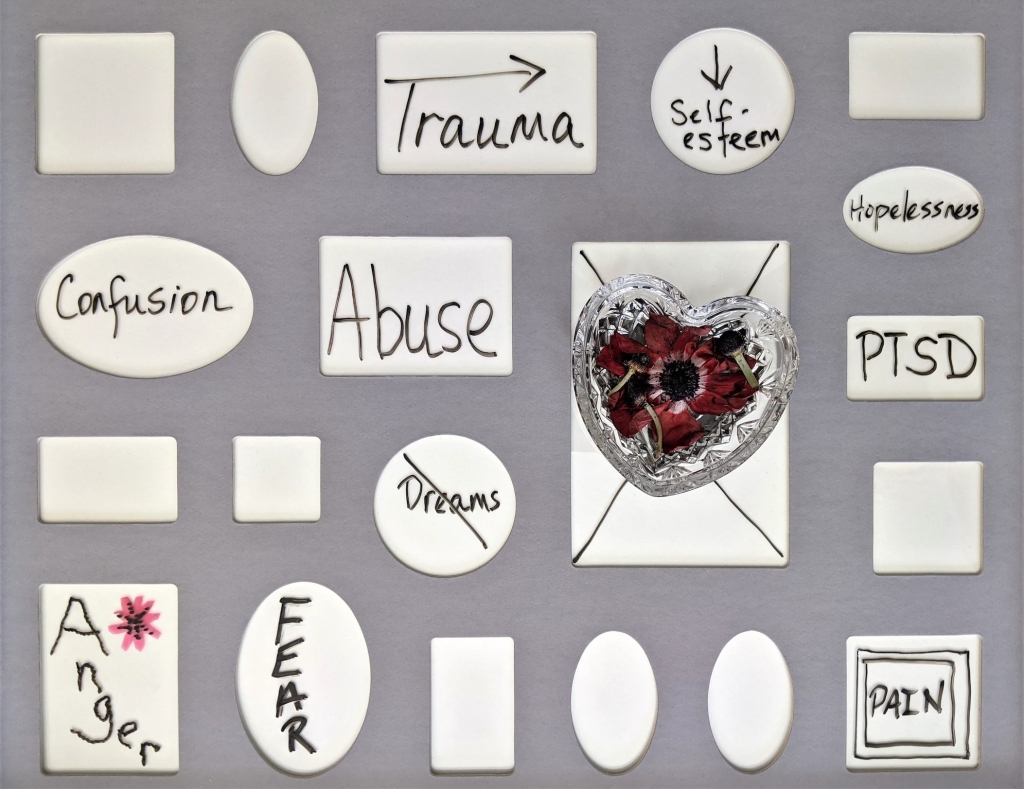
Picture taken from Unsplash
I was born with a genetic disorder, and this disorder can lead to learning difficulties. Growing up, my parents worked very hard to make sure I was in a classroom with general education children. They noticed most of the children in special education classrooms in the schools I was attending had behavioral problems, and were very disrespectful to the teachers. My parents were afraid I wouldn’t learn in that kind of environment, and that I would probably even get bullied. It wasn’t until I got older when I realized that the behavior of the other students with disabilities was unacceptable, even if they were special needs students. The same goes for people with mental illness.
I suffered from mental illness for a long time. Since childhood, but it wasn’t until 2019 when I finally decided to see a specialist for my depression. I was diagnosed with depression immediately. A few months later, I was also diagnosed with Borderline Personalty Disorder. I’d never heard of borderline personality disorder until I was diagnosed, so I didn’t waste any time googling it. It didn’t take long for me to find out how stigmatized the condition is.
But what is borderline personality disorder or BPD? According to the National Alliance on Mental Illness (NAMI), BPD is Borderline Personality Disorder (BPD) “is a condition characterized by difficulties regulating emotion. This means that people who experience BPD feel emotions intensely and for extended periods of time, and it is harder for them to return to a stable baseline after an emotionally triggering event”. Symptoms of BPD, according to NAMI, include “frantic efforts to avoid real or imagined abandonment by friends and family; unstable personal relationships that alternate between idealization (“I’m so in love!”) and devaluation (“I hate her”)…sometimes known as ‘splitting’; impulsive behaviors that can have dangerous outcomes, such as excessive spending, unsafe sex, reckless driving, or misuse or overuse of substances; self-harming behavior including suicidal threats or attempts; periods of intense depressed mood, irritability or anxiety lasting a few hours to a few days; and inappropriate, intense or uncontrollable anger—often followed by shame and guilt”.
The symptoms show that forming and maintaining relationships is one of the biggest struggles for people with BPD. This includes relationships in the work place and with the medical team. This has made BPD gain the reputation in the medical field as a very difficult condition to deal with, and even mental health professionals sometimes refuse to work with people who have the condition. All over the Internet, one can find books, blog posts, and videos about surviving an experience with people who have BPD. Whenever someone commits a crime, people would often assume the person has a mental illness. In the films “Fatal Attraction” and “Acrimony”, a in the movies are so bitter and their behaviors so destructive that their stories end tragically. The characters in both movies were considered to have Borderline Personality disorder. People with BPD can not seem to live normal lives according to these movies. The well known court case between American actors Johnny Depp and Amber Heard, with Heard being diagnosed with BPD, did not help with the stigma on the condition.
It was because of the stigma on mental illness that it took me so long to see a specialist for my own mental illness. In fact, I didn’t want to accept the fact that I had a mental illness in the first place. After all, people with mental illnesses are violent, and I am not a violent person. At least that was my belief. I don’t know for sure whether Amber Heard has BPD or not, but I do know that she was accused by her husband of domestic abuse. Having a mental illness does not make a person violent or abusive, and if a person has a mental illness, it should not be used as an excuse. Evil people are just that, evil people.
Even though I was a student with special needs, I worked very hard to get good grades. I didn’t use my special needs status as an excuse to to do poorly in my classes. I also did not use my status as an excuse to mistreat my teachers. In the same way I, and many other people with mental illnesses, live normal lives and are not using the fact that we are mentally ill to be violent people.


